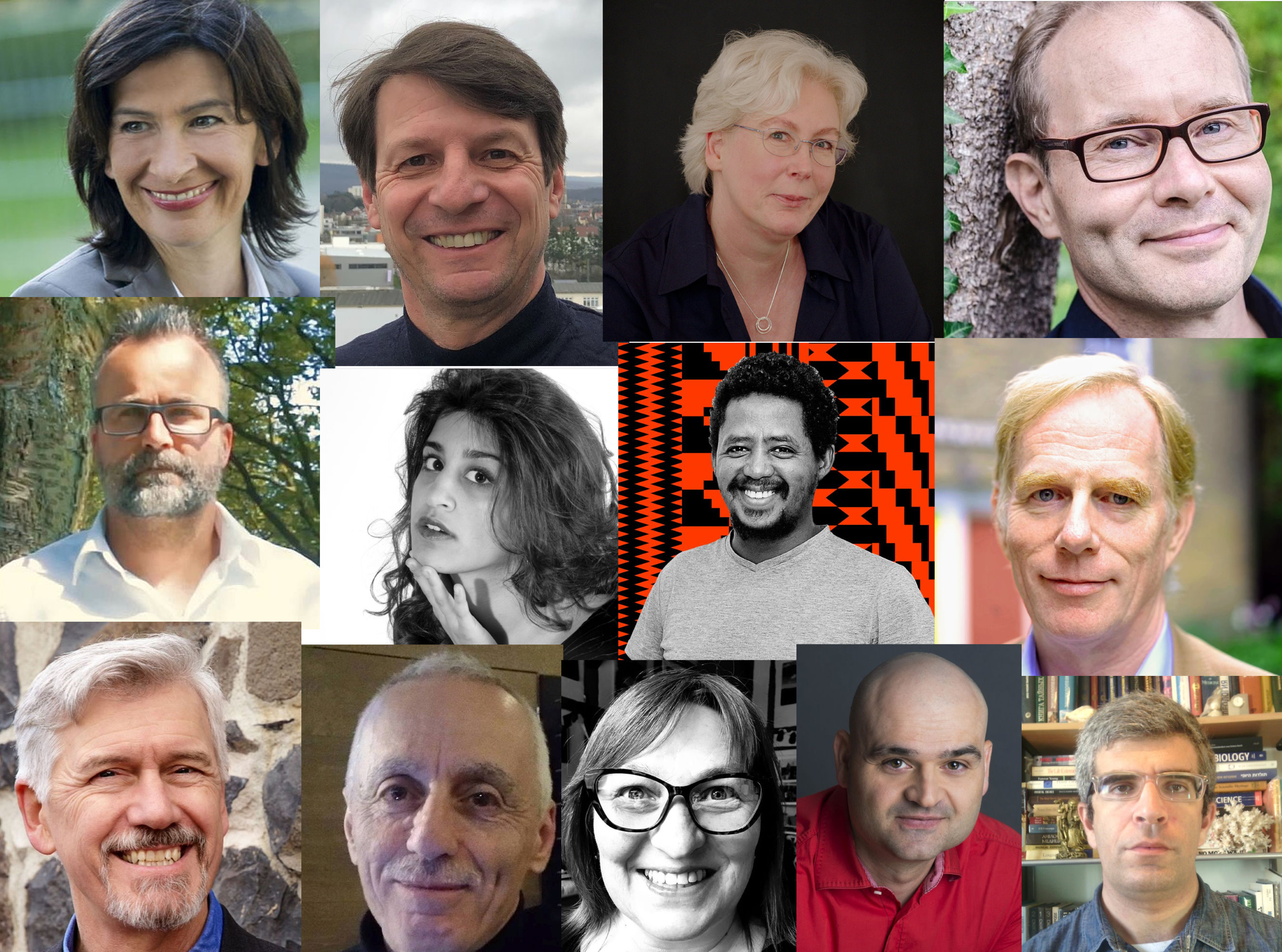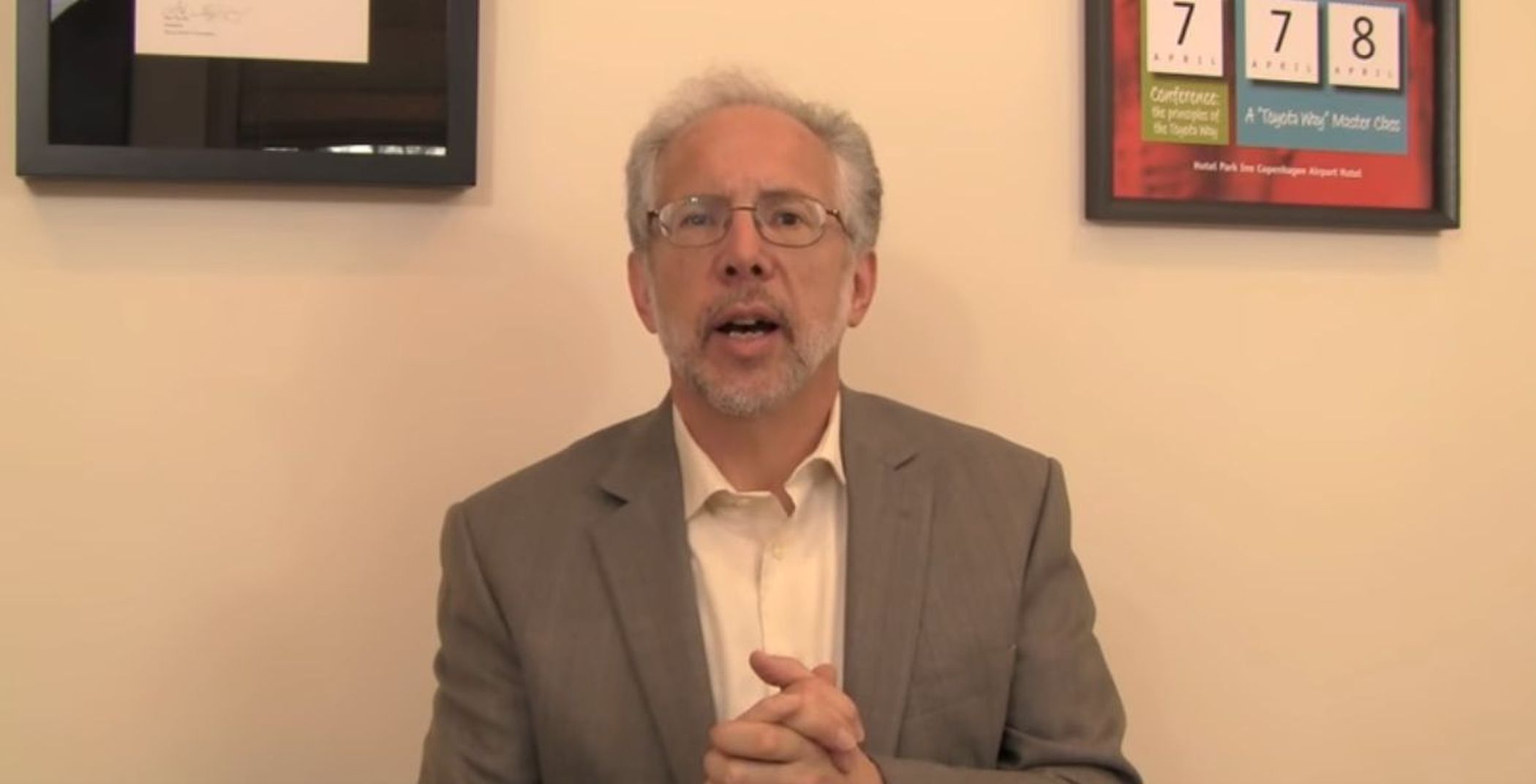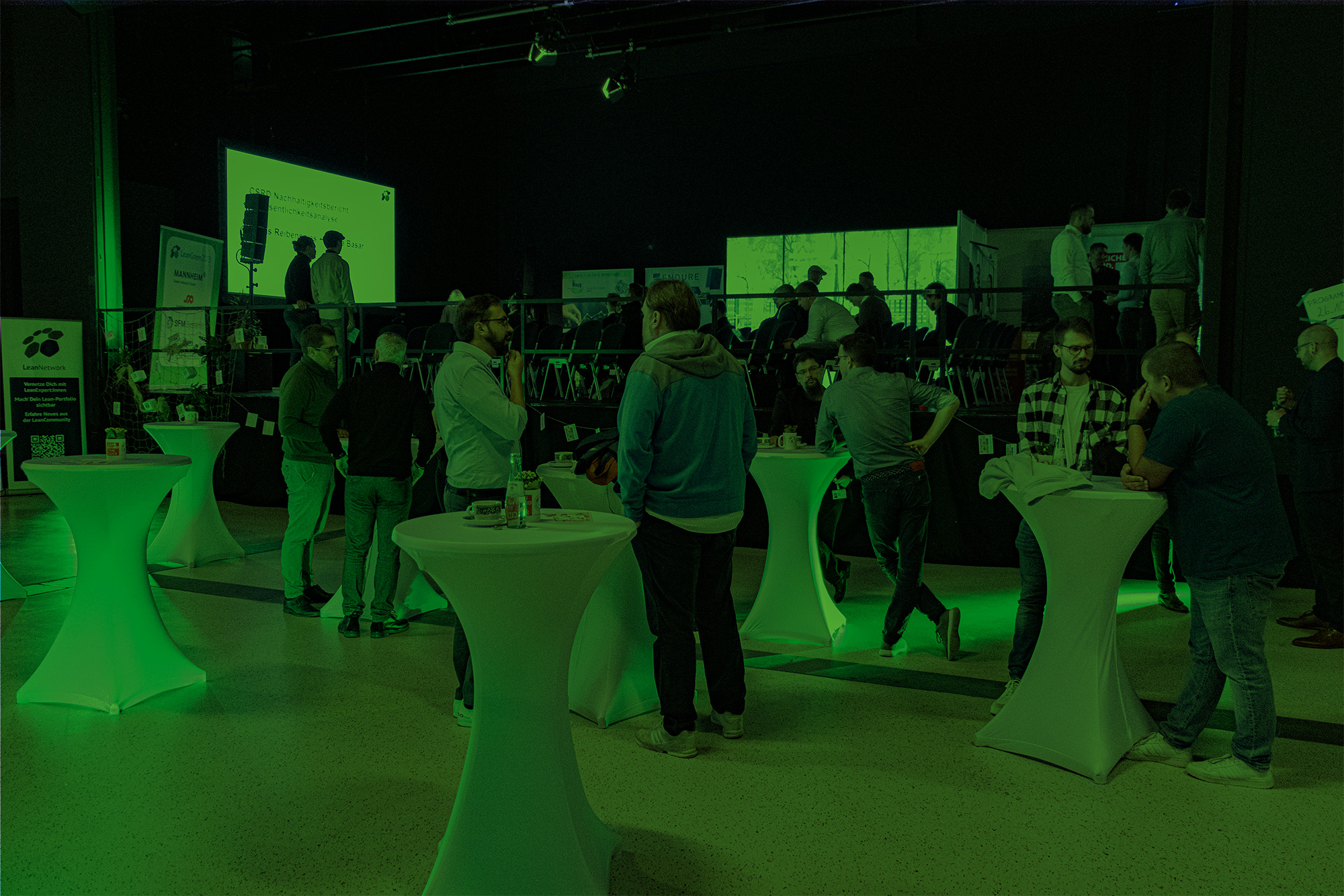
WE NEED A CHANGE
Along the (coming) meta-crises, different currents are forming, which in different ways use different orientation codes to face the challenges that come with them. Some of these currents speak such different languages, form such different codes that they have difficulty in coming into contact with the others without symmetrical conflicts arising at conceptual level that make deeper constructive dialogues impossible.
FORMWELTen-Institute has therefore organized 9 international conferences over 48 hours on the stream-around-the-clock platform of Leanbase, Germany, which address the central topics that motivate the named currents to take action.
The 9 conferences, their topics, speakers and facilitators:
Accelerating a new Kind of Thinking and Science for a sustainable Future
Modern science and modern thinking are facing emergence in the challenge of taking a systemic, transdisciplinary, generalist approach and learning that the problems of today and tomorrow cannot be answered with yesterday's solutions. They can no longer even be discussed in yesterday's language.
Keynote: Sebastián Gaggero Dávila, Matríztica Institute, Chile
Speakers: Gitta Peyn, Julene Siddique, Steven Wallis, David Wood, Barbara Zuber
Facilitators: Martin Geisenhainer, Rebekka Manos
Economy for the Future and Climate Crisis
If business wants to position itself for the future, it must meet today's challenges in a way that takes crisis functionality into account. It must think long-term and be able to answer the question of how people from the future evaluate their actions today, because only if they answer this question constructively does the organisation have an idea of that and how it can actually survive in the long term. Even more, organisations must also think about the fact that it is not only about survival, but about people.
Keynote: Dr. Petra Künkel, Collective Leadership Institute, Club of Rome
Speakers: Stefan Bauer, Simon Kyalo Maluki, Alex Schleber, Thy-Diep Ta, Markus Will
Facilitators: Rebekka Manos, Gitta Peyn
Climate Crisis and Green Energy - The pressing Points of the UN Emission Gap Report
The climate crisis challenges all of us. Traditional ways of leaving activism to activists and action to organisations and politicians no longer work. The concern from the streets must meet the concerns of politicians and the United Nations face to face. Only by means of dialogue-based approaches suitable for the streets, which are communicated with each other beyond familiar boundaries, will we be able to face the climate crisis in a humane manner. We have to start to listen and to talk to the people.
Keynote: Dr. Martin Frick, former Director of Climate, Energy and Tenure Division, UN FAO, now Deputy to the Special Envoy for the UN FOOD Systems Summit 2021 at United Nations
Speakers: Tim Judson, Leona Morgan, Gitta Peyn, Kerstin Rudek, Markus Will
Facilitators: Kristin Eissfeldt, Martin Geisenhainer
Bildung - How to create Education leading to Human Self-Emancipation
Human evolution is the evolution of sing-processing. At the base of all our problems lies our ability or inability to adequately deal with the complexities of our time - and it all starts here with consciousness and language. The Nordic concept of "Bildung" means more than conventional education. It includes the whole person and strives for his or her emancipation as a self-confident and responsible member of liberal societies.
Keynote: Gitta Peyn, FORMWELTen-Institute, G21 UN/WAAS conferences
Speakers: Nikola Danaylov, Julene Siddique, Dr. Sandeep Sing, Steven Wallis
Facilitators: Kristin Eissfeldt, Martin Geisenhainer
Longevity and Health as Resilience Factor
Thinking about longevity and health of people and society does not work with discipline-oriented approaches, but only inter- and transdisciplinary. The mechanistic-linear reductionistic approach must be complemented systemically, because health and resilience are not matters that can be concentrated on individual systems: They are interrelated and must therefore be addressed in a generalist way.
Keynote: Nora Bateson, Bateson-Institute
Speakers: Arpita Doshi, Tharun Krishna, Dr. Marios Kyriazis, Siiri Mall Musten, Ilia Stambler
Facilitators: Rebekka Manos, Gitta Peyn
Augmented Humanity - Opportunity or Threat?
Modern systemic thinking easily overlooks the remarkable developments on the technological side, while conversely, the traditionally systemic approach in the hard sciences does not take into account modern developments in the humanities. Ethical questions on Augmented Humanity begin with the definition of "augmented", which must be shaped from both directions: the humanities and the natural sciences.
Keynote: David Wood, Chair London Futurists
Speakers: Nikola Danaylov, Michael Healy, David Pearce, Yonah A. Welker
Facilitators: Martin Geisenhainer, Gitta Peyn
Emergent Technologies, AI and Ethics
The potential of modern emergent technologies, artificial intelligence and so on is often discussed in public without sufficient knowledge of what is and what is not foreseeable here. From an economic perspective alone, it is therefore important that experts from different research areas meet with laypersons to discuss these potentials from an ethical and practical perspective.
Keynote: Nikola Danaylov, Singularity Weblogs
Speakers: Getnet Aseffa, Gerrit Beine, Vamsi Krishna, Gitta Peyn, David Wood
Facilitators: Kristin Eissfeldt, Martin Geisenhainer
Social Media Competence and Communication in Times of Crisis
At the core of today's debates in and around social media lies the question of the communication competence of individuals, communities and society. Educational systems which do not take into account modern leaps in development, especially from a systemic perspective, leave individuals with complexities which they are literally not equipped to cope with. We see the consequences of this everywhere today.
Keynote: Ulrike Krämer, Generation Ambassador
Speakers: Neil Davidson, Göran Hielscher, Jeffery Mercer, Alex Schleber, Nadja Tjahja
Facilitators: Kristin Eissfeldt, Rebekka Manos
Leadership in Crisis
The moment we ask about organisations that function in crises, we ask for appropriate leadership and have to determine: the old ways are still being followed, but they are no longer helpful. On the contrary, they are making our overall situation worse and worse every day. Modern leadership must therefore take into account that it is the problem itself, and that it will radically change according to the questions about a future worth surviving.
Keynote: Dr. Jan Bellermann, Conscious Leadership Academy
Speakers: Regina Brand, Prof. Marc Lucas, Nikola Danaylov, Alina Grün, Heiko Veit
Facilitators: Kristin Eissfeldt, Rebekka Manos, Gitta Peyn
Weitere Inhalte
Kennst Du schon LeanGreen?
-
Mit LeanManagement zu mehr Nachhaltigkeit
-
praxisorientiertes Event plus Wissenschaft, Medien und Politik
-
Impulse für Deine Nachhaltigkeitsstrategie
Weitere Inhalte auf LeanPublishing

We need a Change - Around the World
Die ersten Auswirkungen der Klima-Krise machen sich global bemerkbar: Migration hat begonnen, die globalen Durchschnittstemperaturen steigen, Dürren, Hungersnöte und Hitzetode machen Mensch und …

The Toyota Way and the Toyota KATA. Interview with Dr. Jeffrey Liker
This is a new 20-minute video interview with Professor Jeff Liker. In the video Jeff tells a story that amounts to a reflection and some potential ‚pivots‘ for the Lean Community, and concludes …

Transformative Leadership - Integration of Intelligence and Creativity of all People on Earth in global transformative Processes via Language in Symbiosis with AI
A glance into the future Transformative science1 takes the realization seriously that the very act of observation changes the relationship between observer and observed.The limits of our …

* Brand-new * A LEAN Graphic Novel on “Toyota Improvement Kata”
Engaging the Team at Zingerman's Mail Order Really? A comic about Lean management and improvement? Yes! Engaging the Team at Zingerman’s Mail Order: A Toyota Kata Comic Read about it here!






Kommentare
Bisher hat niemand einen Kommentar hinterlassen.
Kommentar schreiben
Melde Dich an, um einen Kommentar zu hinterlassen.
Teilen